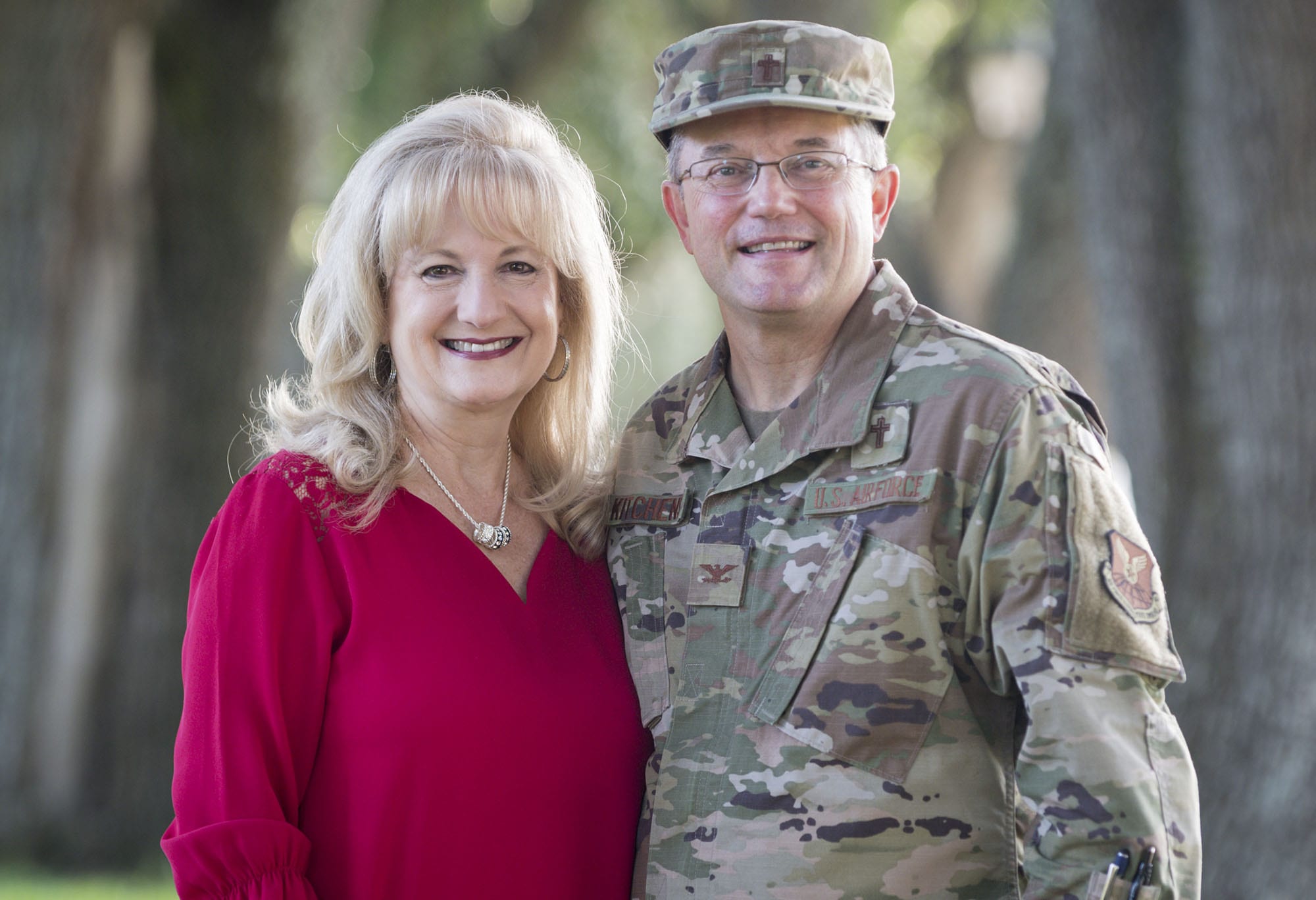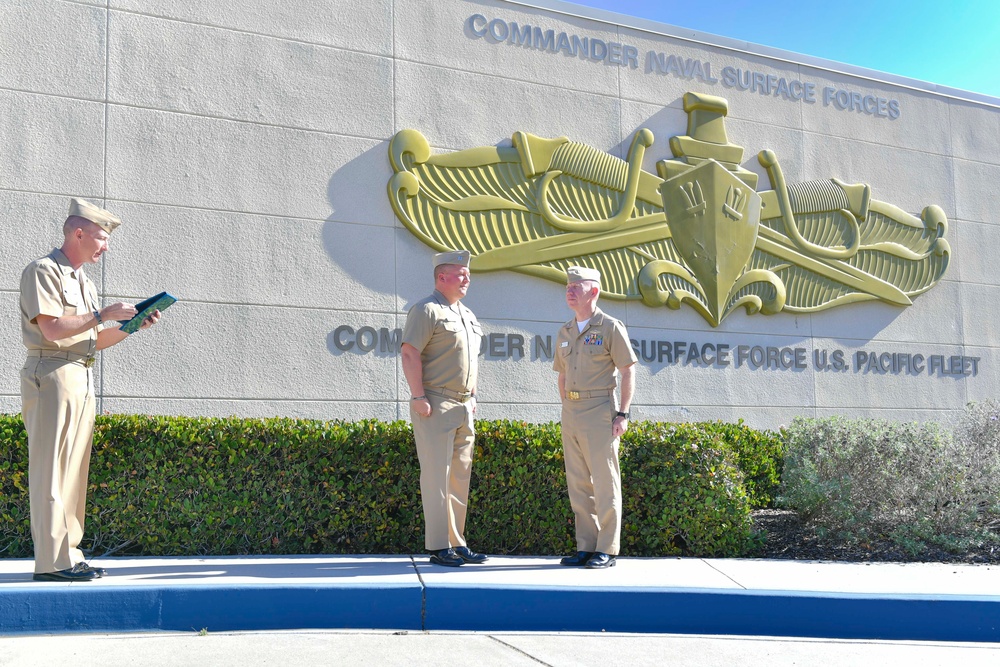Chaplain Officer Role Explained

Introduction to Chaplain Officer Role

A Chaplain Officer plays a vital role in providing spiritual guidance, support, and counseling to individuals in various settings, including the military, hospitals, prisons, and educational institutions. Their primary responsibility is to cater to the spiritual and emotional needs of people from diverse backgrounds and faiths. In this blog post, we will delve into the world of Chaplain Officers, exploring their duties, responsibilities, and the impact they have on individuals and communities.
Key Responsibilities of a Chaplain Officer

The role of a Chaplain Officer is multifaceted, and their responsibilities can vary depending on the context in which they serve. Some of the key duties of a Chaplain Officer include: * Providing spiritual guidance, counseling, and support to individuals and groups * Conducting religious services, ceremonies, and rituals * Visiting patients, prisoners, or military personnel to offer emotional and spiritual support * Collaborating with other professionals, such as psychologists, social workers, and medical staff, to provide holistic care * Developing and implementing programs to promote spiritual growth, well-being, and community building * Serving as a liaison between individuals, families, and community organizations to provide support and resources
Settings Where Chaplain Officers Work

Chaplain Officers can be found in a variety of settings, including: * Military bases and combat zones * Hospitals, hospices, and healthcare facilities * Prisons and correctional institutions * Educational institutions, such as universities and colleges * Community organizations, such as homeless shelters and food banks * Disaster response and relief efforts
Skills and Qualities Required to be a Chaplain Officer

To be an effective Chaplain Officer, one needs to possess certain skills and qualities, including: * Empathy and compassion: The ability to understand and relate to people from diverse backgrounds and experiences * Strong communication skills: The ability to listen actively and communicate effectively with individuals and groups * Cultural competence: The ability to understand and respect different cultures, faiths, and beliefs * Resilience and adaptability: The ability to work in challenging and dynamic environments * Spiritual maturity: A deep understanding of one’s own faith and values, as well as the ability to respect and support others’ spiritual journeys
Benefits of Having a Chaplain Officer

The presence of a Chaplain Officer can have a significant impact on individuals and communities, including: * Providing emotional and spiritual support during times of crisis or stress * Fostering a sense of community and belonging * Promoting spiritual growth and development * Offering a safe and confidential space for individuals to share their concerns and feelings * Collaborating with other professionals to provide holistic care and support
Challenges Faced by Chaplain Officers

Chaplain Officers often face unique challenges in their role, including: * Working in high-stress and traumatic environments * Dealing with diverse and complex spiritual and emotional needs * Navigating different cultural and faith traditions * Balancing the need for confidentiality with the need to collaborate with other professionals * Managing the emotional demands of the role, including compassion fatigue and burnout
🙏 Note: Chaplain Officers often work in challenging environments and may be exposed to traumatic and stressful situations, making self-care and support essential for their well-being.
Training and Education for Chaplain Officers

To become a Chaplain Officer, one typically needs to complete a combination of education and training, including: * A degree in theology, divinity, or a related field * Clinical pastoral education (CPE) or a similar training program * Certification or ordination in a specific faith tradition * Ongoing professional development and training to stay current with best practices and industry standards
Conclusion and Final Thoughts

In summary, the role of a Chaplain Officer is a vital and rewarding one, providing spiritual guidance, support, and counseling to individuals in various settings. By understanding the key responsibilities, settings, skills, and qualities required to be a Chaplain Officer, we can appreciate the importance of their work and the impact they have on individuals and communities. As we reflect on the benefits and challenges of this role, we are reminded of the need for compassion, empathy, and spiritual maturity in our own lives and the lives of those around us.
What is the primary role of a Chaplain Officer?

+
The primary role of a Chaplain Officer is to provide spiritual guidance, support, and counseling to individuals in various settings, including the military, hospitals, prisons, and educational institutions.
What skills and qualities are required to be a Chaplain Officer?

+
To be an effective Chaplain Officer, one needs to possess empathy and compassion, strong communication skills, cultural competence, resilience and adaptability, and spiritual maturity.
What are the benefits of having a Chaplain Officer?

+
The presence of a Chaplain Officer can provide emotional and spiritual support, foster a sense of community and belonging, promote spiritual growth and development, and offer a safe and confidential space for individuals to share their concerns and feelings.



